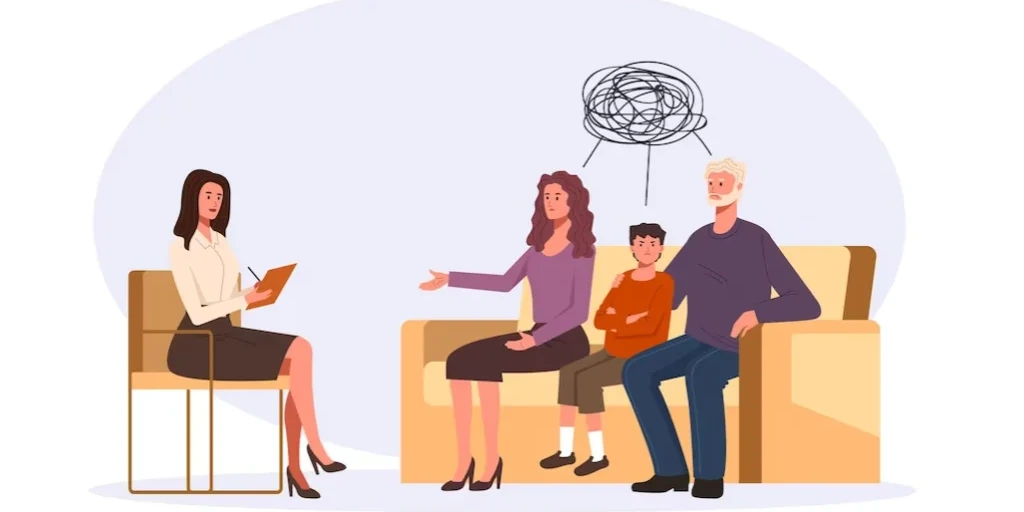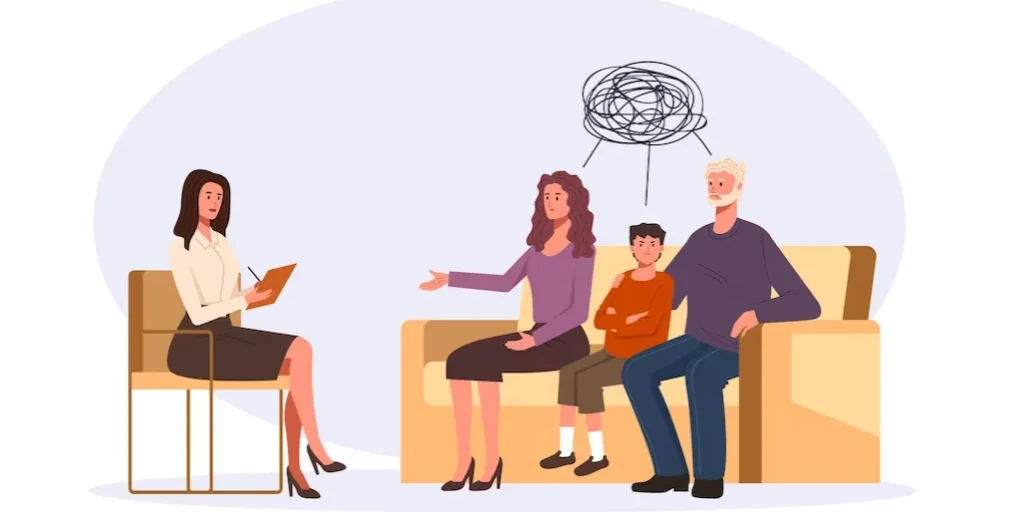24/7 Helpline:
(866) 899-221924/7 Helpline:
(866) 899-2219
Learn more about Eating Disorder Treatment centers in Allen County

Other Insurance Options

Anthem

Optima

Providence

UnitedHealth Group

Kaiser Permanente

Self-pay options

MHNNet Behavioral Health

Regence

Health Choice

Horizon Healthcare Service

UMR

Excellus

Covered California

Highmark

Medical Mutual of Ohio

Coventry Health Care

AllWell

Health Partners

CareSource

Ceridian

Time Out Community Counseling and Correctional Services
Time Out Community Counseling and Correctional Services offers outpatient treatment for individuals ...

LifeSkills Service Center – Allen County
LifeSkills Service Center – Allen County is a private rehab located in Scottsville, Kentucky. LifeSk...

More to Life Counseling
More to Life Counseling offers faith-based and evidence-based counseling services for individuals, f...
































































